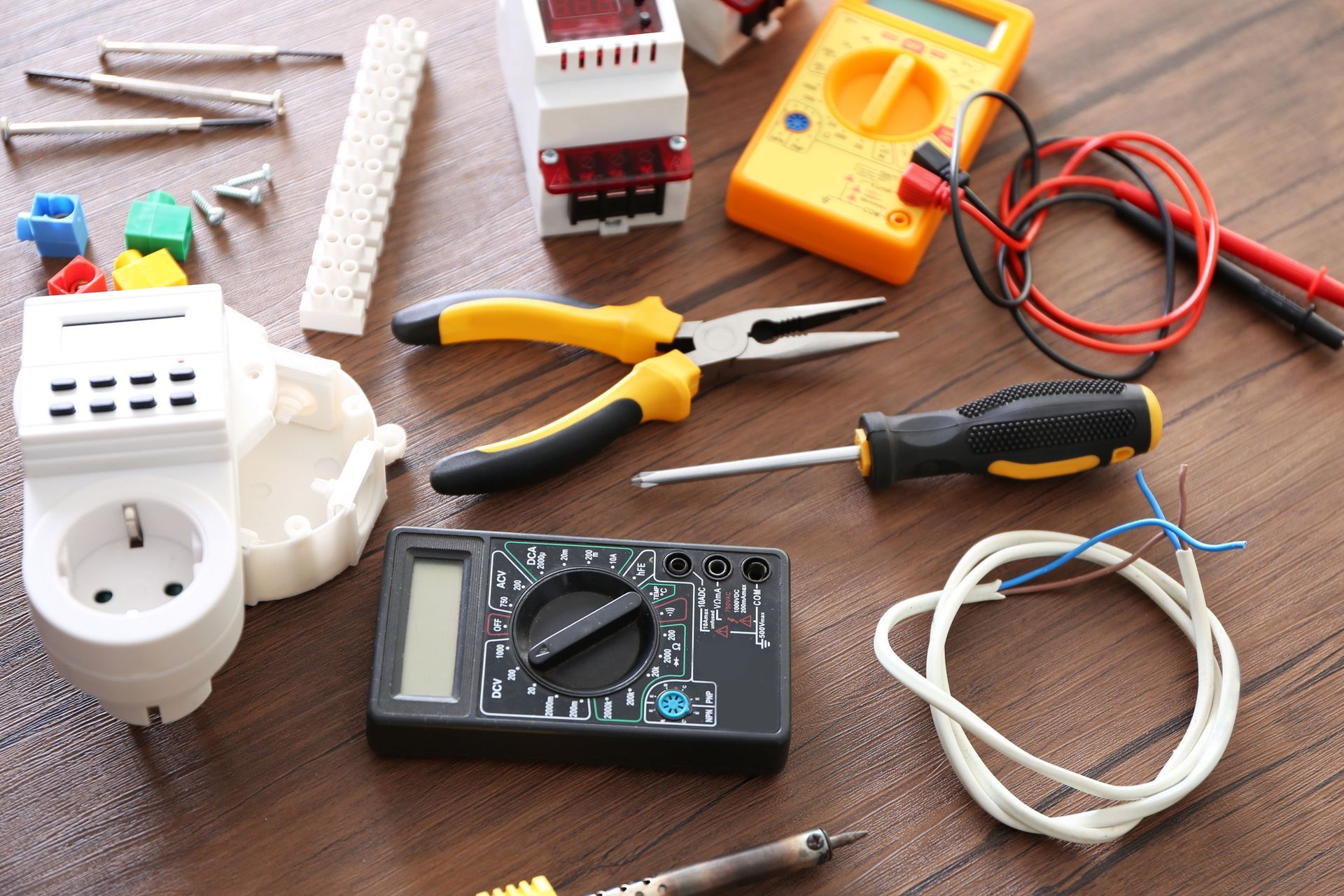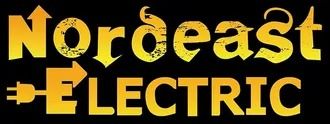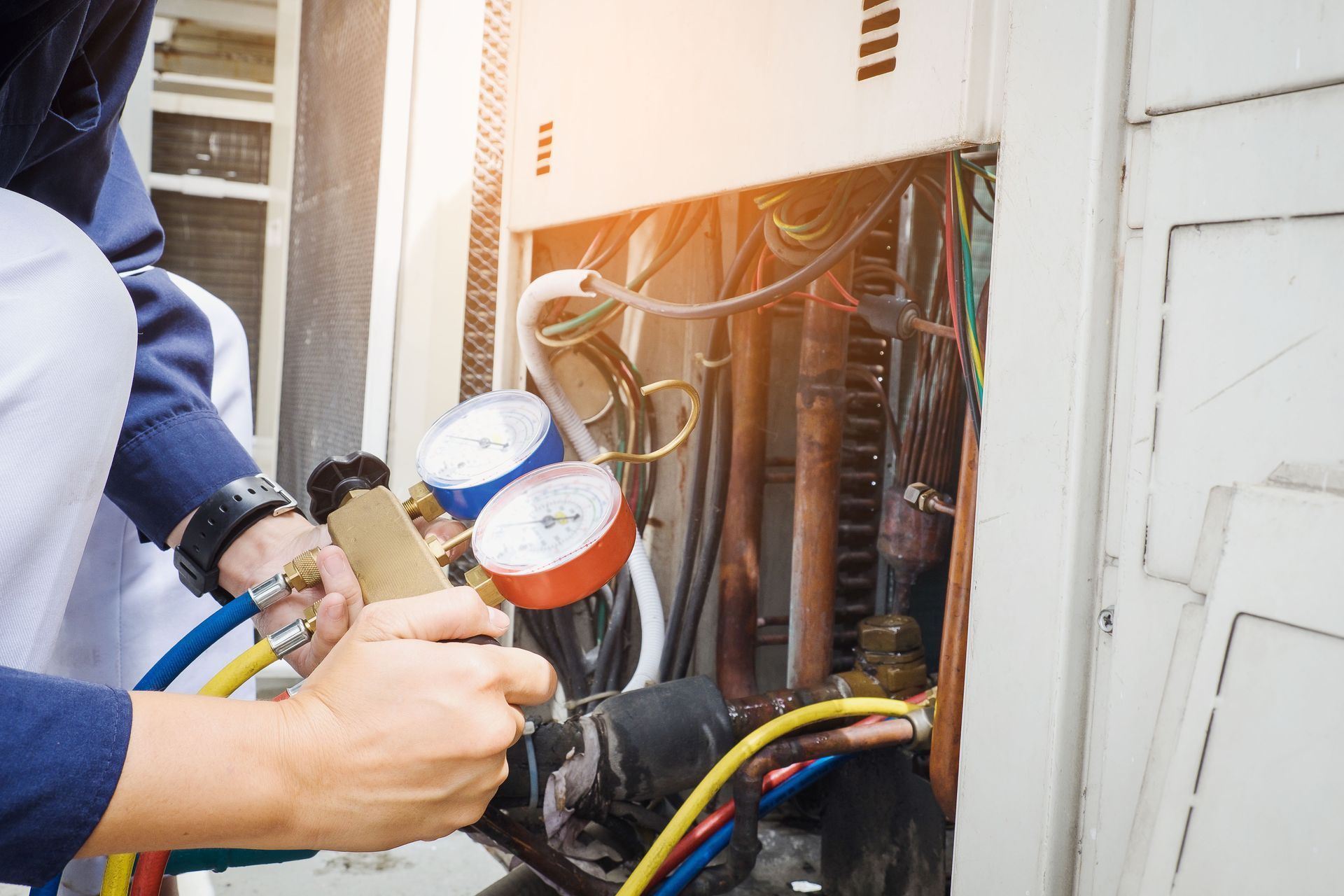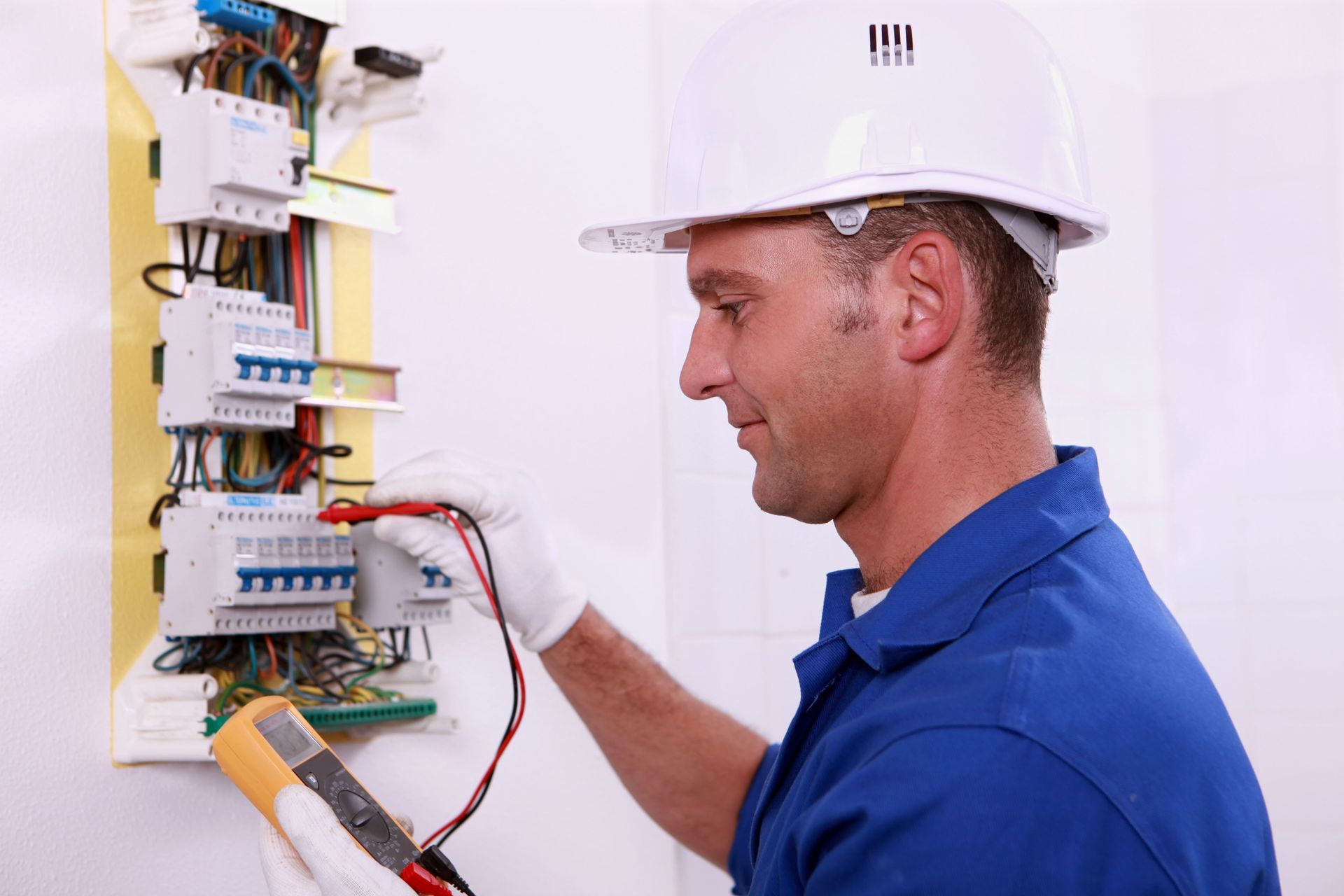June 24, 2025
When it comes to buying a home or conducting routine maintenance, an electrical inspection holds significant importance for ensuring safety and functionality. These inspections are conducted to identify potential hazards that could compromise the electrical systems of a home, posing risks to its occupants. Local electricians play a crucial role in performing these inspections by carefully evaluating different elements of a home’s electrical infrastructure and confirming compliance with safety regulations and standards. By understanding the intricacies of electrical inspections and what to expect, homeowners can better prepare and appreciate the value these inspections add to their property investment.
Understanding the Scope of Electrical Inspections
Purpose of Electrical Inspections
The primary purpose of electrical inspections is to assess the safety, condition, and compliance of a home's electrical system. Electricians check for potential hazards such as faulty wiring, outdated panels, and inadequate grounding. Inspections are vital not only during the buying process but also for regular upkeep to prevent accidents such as electrical fires. By addressing issues before they become problematic, inspections save homeowners from costly repairs in the future. Ultimately, they provide peace of mind, confirming that the electrical system is safe and efficient.
Common Misconceptions
Many homeowners have misconceptions about electrical inspections, believing they're either unnecessary or overly expensive. Some may think that if the lights work, everything else is fine, neglecting hidden wiring issues. There's also a common misconception that these inspections disrupt the household or take excessive time. However, qualified local electricians conduct inspections systematically and efficiently with minimal disruption. Addressing these misconceptions is crucial as it highlights the value and necessity of thorough electrical evaluations for safety.
Legal and Regulatory Requirements
Electrical inspections are governed by a myriad of legal and regulatory standards to uphold safety. These guidelines confirm installations comply with local codes such as the National Electrical Code (NEC) in the U.S. Homeowners should be aware that non-compliance can result in legal liabilities and safety hazards. Inspections provide the opportunity to rectify any issues preventing systems from meeting the necessary safety codes. Compliance not only promotes safety but also can enhance property value by meeting legal quality standards.
Typical Timeframes for Inspections
The time it takes to conduct a standard electrical inspection can vary depending on the size and complexity of the home's electrical system. Generally, comprehensive inspections may take anywhere from two to four hours, but larger homes with more complex systems could require additional time. The state's climate and the house’s conditions may also impact these durations, as factors like extreme weather can affect an electrical system's reliability. Despite variations, these inspections are systematic yet efficient, designed to minimize disruption. Understanding the typical timeframes helps homeowners plan better for their inspections, confirming a smooth process.
Preparation Tips for Homeowners
Preparing for an electrical inspection can make the process more efficient and informative. Homeowners should confirm that all areas, especially attic and basement spaces, are accessible to the electrician. Removing obstacles like furniture or stored items from near electrical fixtures can facilitate a thorough check. It's also helpful to have documentation about previous inspections or electrical work to present any pre-existing conditions or repairs made. By providing clear and easy access, homeowners help local electricians conduct a more comprehensive review, ultimately benefiting from a detailed assessment of their home’s electrical health.
Key Areas of Focus During Inspections
Electrical Panels and Circuit Breakers
Electrical panels and circuit breakers form the control hub for a home's electrical distribution, making them a key focus during inspections. Electricians check for proper labeling, wear and tear, and any signs of overloading, which could indicate potential hazards. They assess whether the circuit breakers are functioning correctly and if the panel can handle the current load requirements of the house. Identifying outdated panels is crucial as they might not meet current safety standards and could lead to risks such as electrical fires. A careful examination of these areas helps confirm the system's robustness and capability to safely manage electrical distribution throughout the home.
Wiring Systems
Wiring systems are meticulously evaluated to identify any unsafe, outdated, or non-compliant installations. Electricians check for visible damage to wires, improper splicing, and any potentially hazardous DIY installations. These inspections look for signs of aging wiring that could pose serious safety risks. Attention is paid to older homes that might still contain aluminum wiring, which can be prone to issues if not properly maintained. Wiring evaluations confirm that the system is not just operational but also safe and up to code, preventing future electrical problems.
Lighting Fixtures and Outlets
Inspectors review lighting fixtures and outlets to confirm they are safe and adequately installed. They verify the integrity of each fixture, looking for signs of wear, loose connections, or any other issues that may pose a hazard. For outlets, inspectors confirm that they’re properly grounded and functioning, with special attention to high-usage areas such as kitchens and bathrooms. They'll also check for the presence and functionality of Ground Fault Circuit Interrupters (GFCIs), especially in wet locations where electrical safety is paramount. Through these checks, homeowners can be assured of the safety and reliability of their electrical system's usability features.
Grounding and Bonding
Proper grounding and bonding are vital for preventing electrical shocks and fires. Inspectors confirm that the electrical system has an effective grounding path and that all grounding connectors and conductors are secure and compliant. By assessing the bonding system, local electricians confirm that metal parts of the system are adequately connected, reducing the risk of electrical faults. Misconfigured or inadequate grounding and bonding can lead to dangerous situations and could invalidate a home’s insurance policy. Confirming these systems are up to standard is a critical safety component of the inspection process.
Inspection of Switches
Switch inspections confirm they function properly without causing potential hazards. Electricians will check switches for physical signs of failure, such as cracks, discoloration, or incorrect operation. They assess that each switch in the home can safely manage the electrical load it's intended to control. Properly functioning switches are crucial for the convenience and safety of day-to-day activities, providing quick access to control of lighting and equipment. Regular inspections help identify any faulty switches that could lead to accidents or reduce electrical efficiency in the home.
Choosing experienced local electricians for your home inspection offers several advantages beyond just convenience. Local professionals are familiar with regional building codes and climate-related wear that can affect electrical systems, making their assessments especially reliable. Their proximity allows for flexible scheduling and easier follow-ups, which is helpful if repairs or upgrades are needed after the inspection. Homeowners can also benefit from the relationships local electricians often have with utility companies and municipal offices, helping streamline any permit or compliance processes that may arise.
According to the U.S. Bureau of Labor Statistics, there are about 713,000 electricians employed in the U.S. as of 2023, with employment projected to grow 11% from 2023 to 2033—faster than the average for all occupations. This growth reflects the continued demand for skilled professionals like local electricians, who are instrumental in keeping homes safe and energy-efficient. Their expanding role in home systems—from inspections to energy upgrades—further underscores the importance of building a relationship with a qualified electrician in your area.
Electrical inspections conducted by skilled local electricians are an indispensable component of maintaining a safe and efficient home. By understanding the scope, process, and benefits of these inspections, homeowners are better equipped to protect their property investment and confirm the safety of their household. The expertise and tools employed by electricians provide comprehensive assessments and actionable recommendations that enhance and secure electrical systems. Regular inspections not only promote safety but also offer significant cost savings and property value increases, validating their critical role in home maintenance strategies.




